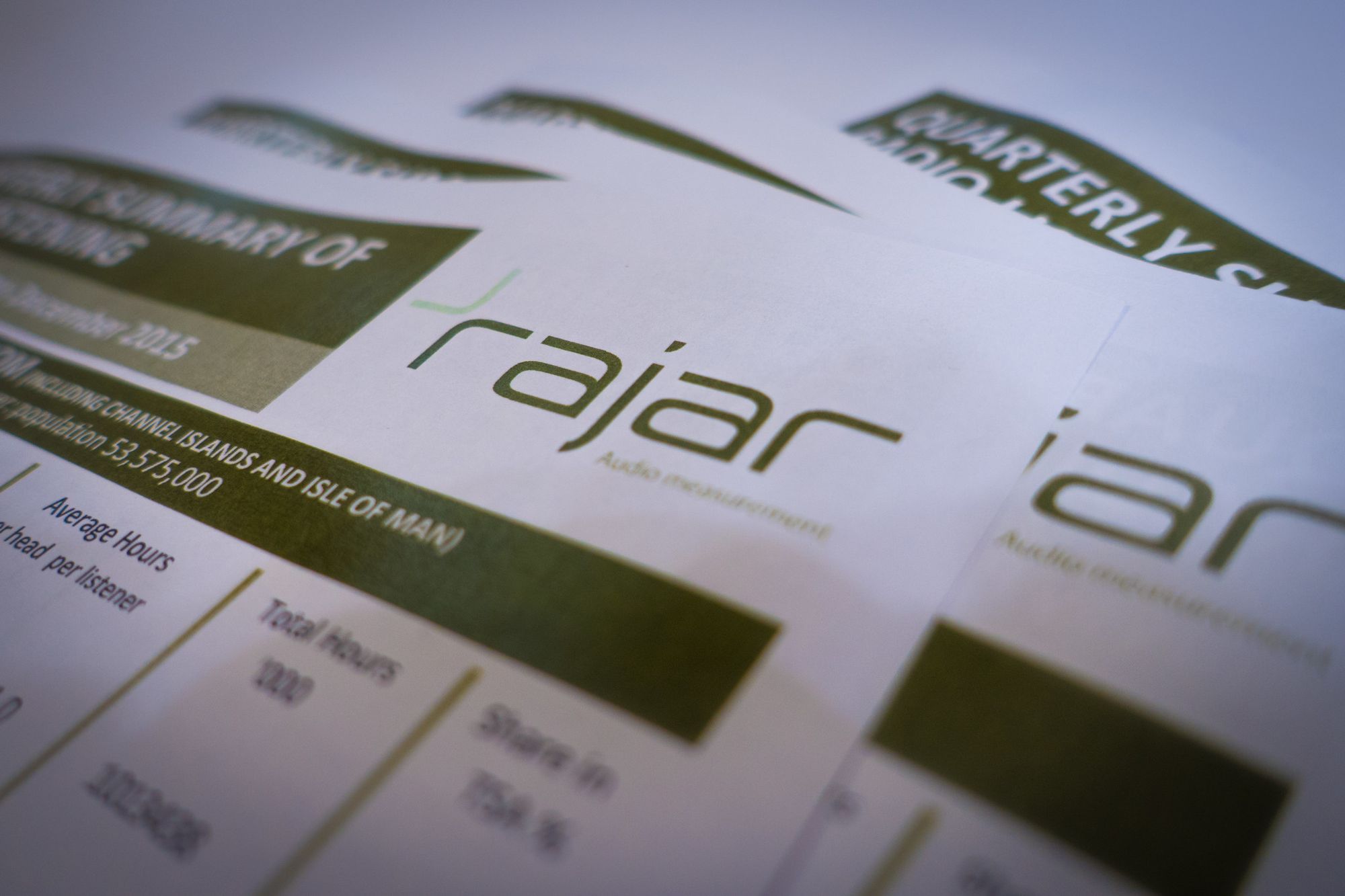Introduction:
In an era dominated by visual content, radio still holds its unique charm. A well-crafted radio script has the power to captivate audiences, invoke emotions, and paint vivid images in listeners' minds. Whether you're a seasoned writer or just starting your journey into radio production, mastering the art of writing an effective radio script is essential. In this blog post, we'll explore the key elements and tips to help you create a radio script that truly works.
Know Your Audience:
Understanding your target audience is crucial for any form of communication, and radio is no exception. Consider the demographics, interests, and preferences of your listeners. Tailor your script to resonate with them and evoke emotions that will keep them engaged throughout the broadcast.
Start with a Strong Concept:
Every compelling radio script begins with a strong concept or central idea. Your concept should be clear, concise, and unique. Whether it's a thought-provoking talk show, a gripping radio drama, or an informative commercial, a powerful concept forms the foundation for your script's success.
Write for the Ear, Not the Eye:
Radio is an auditory medium, so your script needs to be written for the ear, not the eye. Use conversational language and avoid complex sentence structures. Read your script out loud to ensure it flows naturally and sounds engaging.
Create Memorable Characters and Voices:
If your radio script involves characters, develop them in a way that makes them relatable and memorable. Give them distinct voices, personalities, and backgrounds. Consider casting talented voice actors who can bring these characters to life, adding depth and authenticity to your production.
Hook Your Audience from the Start:
In the fast-paced world of radio, capturing your audience's attention within the first few seconds is vital. Craft a powerful opening that intrigues, surprises, or amuses listeners, compelling them to stay tuned.
Be Visual with Your Words:
Although radio is an audio medium, you can still create vivid images in your listeners' minds by using descriptive and evocative language. Appeal to the senses and create mental images that engage the imagination.
Keep it Concise
Radio time is limited, and attention spans are short. Keep your script concise and to the point. Avoid unnecessary information and focus on the core message or story you want to convey.
Embrace the Power of Sound
Sound effects and music play a significant role in enhancing the atmosphere and emotions in a radio script. Use them strategically to complement the narrative and create a more immersive experience.
Incorporate Calls to Action
If your radio script serves a promotional purpose, such as an advertisement or PSA, include a clear and compelling call to action. Encourage your listeners to take the desired action, whether it's visiting a website, calling a phone number, or attending an event.
Edit and Revise
Writing a radio script is an iterative process. Edit and revise your work to refine the content and improve its impact. Seek feedback from peers or colleagues to gain valuable insights.
Conclusion
Crafting a radio script that works involves understanding your audience, writing for the ear, and utilizing the power of sound and storytelling. Whether you're aiming to entertain, inform, or persuade, a well-written radio script can leave a lasting impression on your listeners. So, embrace the art of radio scriptwriting and let your creativity soar through this timeless medium. Happy writing!




